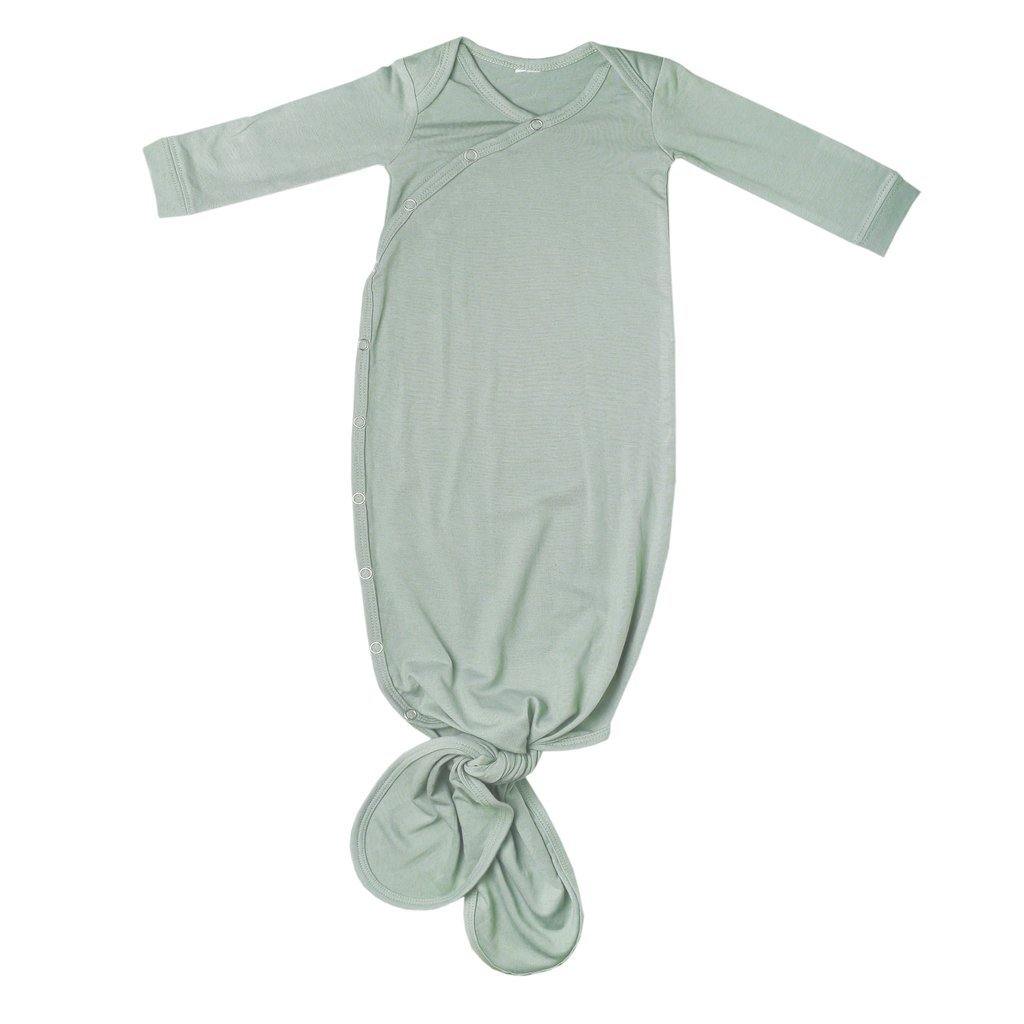I was hanging out with one of my best friends the other day at the park with our kids and her darling new baby boy. I was asking how she was doing and if he was sleeping well, and she told me that he's great, aside from the fact that he is constantly spitting up, grunting, and she is pretty sure he has reflux.
Since I never dealt with this with either of my kids, I wanted all the info. What does that even mean? What do you do to help with that? How long does it last? Tell me all the things!
So since now I'm basically an expert, I decided to share all of my knowledge with you in case you think that maybe your little one is dealing with reflux.
What is Acid Reflux?
Acid reflux is when the contents of the stomach come back up through the esophagus, and in the case of babies, out of their mouths and onto your shirt. *sigh*
Since your baby's esophagus isn't fully developed, and the muscles that keep the opening to the stomach closed are weaker in infants, they are prone to getting acid reflux. If your baby has these symptoms frequently (more than twice a week), then more than likely the pediatrician will diagnose them with gastroesophageal reflux disease (GERD).
Symptoms
Most of the time, you're not going to be able to point out reflux right when you see your little one spit up for the first time. Especially because reflux is like an old person thing that my dad takes meds for, right? Yeah, well, babies will have a few common symptoms when they're experiencing acid reflux that tend to make mamas nervous and get into the doc ASAP:
- Constant spit up
- Trouble eating or doesn't eat much between each sitting
- Crying or being extra fussy while they're being fed (either bottle or breast)
- Choking or gagging sounds
- Grunting or labored breathing
- Wet-sounding breathing
- Trouble sleeping or fussy/agitated when baby is laid down
Treatment
Once you think your little is dealing with reflux, what on earth are you going to do to help babe? Because no one wants to deal with this amount of milky barf. And everyone needs more sleep. All the sleep.
There are two different treatment methods that parents find helpful when dealing with littles with reflux, and one of them has to do with what you do during and after feeding, and the other is what types of medications help to decrease the more unpleasant symptoms.
Other mamas that I've talked to have mentioned that their baby's reflux symptoms decreased when they switched from breastmilk to formula, or when they started to add cereal to their babe's milk. This is a common recommendation for mamas who feel that their littles are prone to reflux. If you are a breastfeeding mama, you may find that you need to restrict your diet in certain areas because when you eat things like milk or spicy food, your little's reflux gets worse. So if you're set on nursing, just keep that in mind! Pediatricians also recommend that you stop and burp your babe way more often than you would, between every 1-2 oz, to make sure there aren't any trapped air bubbles that are going to cause everything to come up at the end. Experts also say it's important not to lay your little down for about 30 min after feeding to allow the food to travel to where it needs to go, and to make sure there aren't air bubbles that are being held in the tummy and making your babe uncomfortable.
If your doctor suspects that your child has GERD and they need more help than what these lifestyle changes are giving you, then they make prescribe medication to take care of them. Most of the treatment options are meant to be short-term solutions to allow your little to make it to their solid food stage. Some of the more common treatments are antacids (i.e., Mylanta), histamine-2 receptor antagonists (i.e., Zantac), and proton pump inhibitors (i.e., Prevacid). It's always a must to talk to your doc about all the symptoms your little is having, for how long, and the ways that it's causing them grief, and to listen to their instructions when it comes to dosage and frequency.
How Long Does it Last?
So is this like a life-long thing? Will they be throwing up their food until they're out of the house and you don't have to worry about it anymore? Thankfully, no, it is not. Most babies with reflux will have symptoms peak around 3-4 months, and, more than likely, they will subside before they turn 1 year old. Like I mentioned earlier, when your little starts eating solid foods, then table foods, and so on, they will be a little less prone to reflux. Plus, those little muscles in their esophagus will continue to strengthen the older they get.









